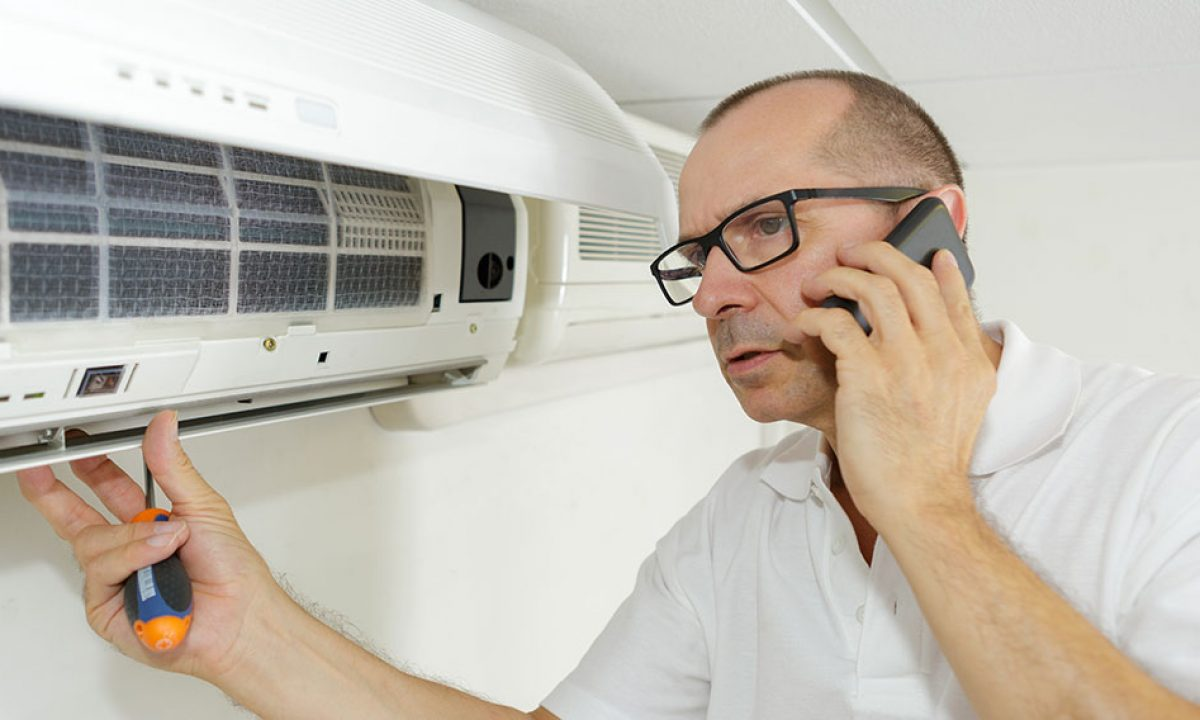When the unthinkable happens, and your heating or air conditioning system breaks down unexpectedly, it can feel like a disaster. Being without a functional HVAC system can be uncomfortable and even dangerous, whether during the coldest winter night or the hottest summer day. In this comprehensive guide, we’ll explore what to do when faced with an emergency heating and air conditioning repair situation, providing you with actionable steps to mitigate the impact and get your system back up and running as quickly as possible.
Stay Calm and Assess the Situation:
The first step in dealing with any emergency is to remain calm and assess the situation. Take a moment to observe any unusual sounds, smells, or behaviors from your HVAC system. If you notice any smoke, strange odors like burning plastic, or loud banging noises, it’s crucial to turn off the system immediately and evacuate your home to ensure safety.
Check for Basic Issues:
Sometimes, a minor issue could cause a major HVAC system failure. Check the thermostat settings to ensure they’re correctly configured for heating or cooling mode and set to the desired temperature. Additionally, inspect the circuit breaker panel to see if any breakers related to your HVAC system have tripped. If you find any issues you can safely address, such as replacing a blown fuse or resetting a tripped breaker, do so cautiously.
Contact a Professional HVAC Technician:
In most emergencies, it’s best to contact a professional HVAC technician to diagnose and repair the problem. Look for a reputable HVAC company with 24/7 emergency service availability. Provide them with as much detail as possible about the symptoms you’ve observed and any troubleshooting bape hoodie steps you’ve taken. A qualified technician will prioritize your emergency and promptly dispatch a team to your location.
Take Temporary Measures to Maintain Comfort:
While you wait for the HVAC technician to arrive, you can take some temporary measures to maintain a comfortable indoor environment. If it’s cold outside, bundle up in layers, use extra blankets, and gather in a central room with alternative heating sources like electric space heaters or a fireplace. In hot weather, close blinds or curtains to block out sunlight, use portable fans to circulate air and stay hydrated.
Prevent Further Damage:
Sometimes, a whole house air filtration system emergency can cause secondary damage to your home if not addressed promptly. For example, if left unchecked, a leaking air conditioning unit can lead to water damage and mold growth if you notice any signs of water leakage, such as puddles or dampness around the unit, place towels or buckets to catch the water and minimize damage until the technician arrives.
Consider Safety Concerns:
During an HVAC emergency, it’s essential to prioritize safety for yourself and your family. If you smell gas or suspect a carbon monoxide leak, evacuate your home immediately and call your gas company or emergency services from a safe location. Toxic levels of the colorless and odorless gas known as carbon monoxide may be fatal if breathed in. Install carbon monoxide detectors in your home as a preventive measure and replace the batteries regularly.
Prepare for Future Emergencies:
Once your HVAC system is repaired and back in working order, take proactive steps to prepare for future emergencies. Schedule regular maintenance appointments with a qualified technician to identify and address potential issues before they escalate into emergencies. Consider investing in a backup generator or portable heating and cooling units to provide temporary relief during power outages or system failures.
Closing Words
An emergency heating or air conditioning repair situation can be stressful, but with the right knowledge and preparation, you can navigate the situation effectively. By staying calm, contacting a professional HVAC technician, and taking temporary measures to maintain comfort and safety, you can minimize the impact of the emergency and get your system back on track as quickly as possible. Remember to prioritize regular maintenance and safety precautions to prevent future emergencies and ensure the continued reliability of your HVAC system.
